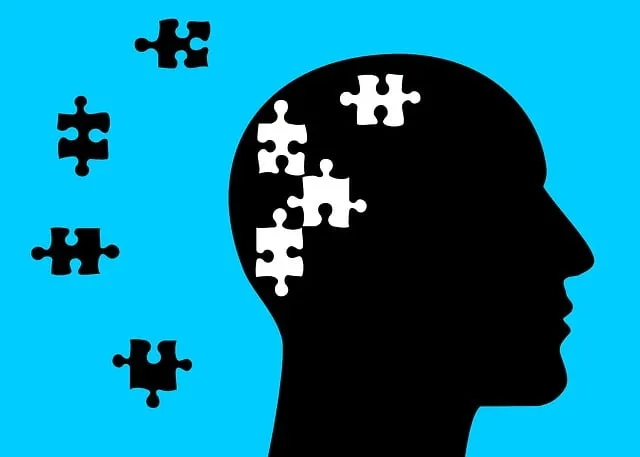Mental health advocacy groups like Parker Kaiser are driving societal change through interactive classes that combat stigma, provide education, and offer support. These sessions, encompassing journaling exercises and communication strategies, empower participants to take charge of their emotional well-being while fostering understanding within communities. By combining local engagement, tailored messaging, and accessible platforms, initiatives like Parker Kaiser's successfully reduce mental illness stigma, improve relationships, and promote overall community wellness, highlighting the power of community-driven mental health advocacy.
Mental health advocacy initiatives are vital in fostering understanding and support for individuals facing psychological challenges. This article explores various facets of this crucial movement, beginning with an understanding of mental health advocacy and its role in education and awareness. We present a case study on the Parker Kaiser Mental Health Classes, demonstrating effective advocacy through practical programs. Furthermore, we offer strategies to expand these initiatives, emphasizing community engagement and support as key components to revolutionize mental healthcare access.
- Understanding Mental Health Advocacy: The Role of Education and Awareness
- Parker Kaiser Mental Health Classes: A Case Study in Effective Advocacy
- Strategies for Expanding Mental Health Advocacy Initiatives: Community Engagement and Support
Understanding Mental Health Advocacy: The Role of Education and Awareness

Mental health advocacy is a powerful tool for creating positive change and fostering support systems. It involves raising awareness, educating communities, and amplifying the voices of individuals affected by mental illness. The primary goal is to reduce the stigma associated with mental health struggles and promote understanding and empathy.
Parker Kaiser offers mental health classes designed to empower individuals through knowledge. These educational initiatives play a crucial role in breaking down barriers and promoting emotional healing processes. By providing accessible resources and teaching effective communication strategies, they contribute to meaningful Mental Illness Stigma Reduction Efforts. Through interactive discussions and shared experiences, participants gain insights that can enhance their relationships and overall well-being.
Parker Kaiser Mental Health Classes: A Case Study in Effective Advocacy

The Parker Kaiser Mental Health Classes stand as a shining example of effective mental health advocacy initiatives. These classes have successfully brought awareness and guidance to individuals seeking support for their mental wellness. Through a combination of Parker Kaiser mental health classes, mental wellness journaling exercise guidance, and communication strategies, participants have found new tools to navigate their emotional well-being. The program’s approach emphasizes positive thinking, fostering an environment where individuals can openly discuss their experiences and learn valuable coping mechanisms.
This case study highlights the power of community-driven initiatives in promoting mental health. By offering structured yet personalized Parker Kaiser mental health classes, the program caters to diverse needs, ensuring that participants feel empowered to take charge of their mental wellness. The success of these classes underscores the importance of accessible and engaging resources in advocating for better mental health outcomes.
Strategies for Expanding Mental Health Advocacy Initiatives: Community Engagement and Support

Mental health advocacy initiatives gain significant strength through community engagement and support. By fostering open conversations about mental wellness using communication strategies tailored to diverse audiences, organizations can dispel stigma and promote understanding. This involves collaborating with local leaders, engaging in public education programs, and leveraging social media platforms to reach broader communities, including underserved populations.
Parker Kaiser mental health classes exemplify effective community engagement. These interactive sessions employ a range of teaching methods to cater to different learning styles, ensuring accessibility and inclusivity. Furthermore, healthcare provider cultural competency training is integral to these initiatives. By equipping professionals with the skills to address diverse cultural perspectives on mental health, advocacy efforts become more nuanced and impactful, ultimately enhancing overall community mental wellness.
Mental health advocacy initiatives, such as the Parker Kaiser mental health classes, demonstrate the power of education and community engagement. By fostering awareness and providing support, we can create a more inclusive and understanding society. Expanding these initiatives is crucial to ensuring that everyone has access to the resources they need to maintain and improve their mental well-being. Through collaborative efforts, we can break down stigmas and promote early intervention, ultimately enhancing the overall health of our communities.






